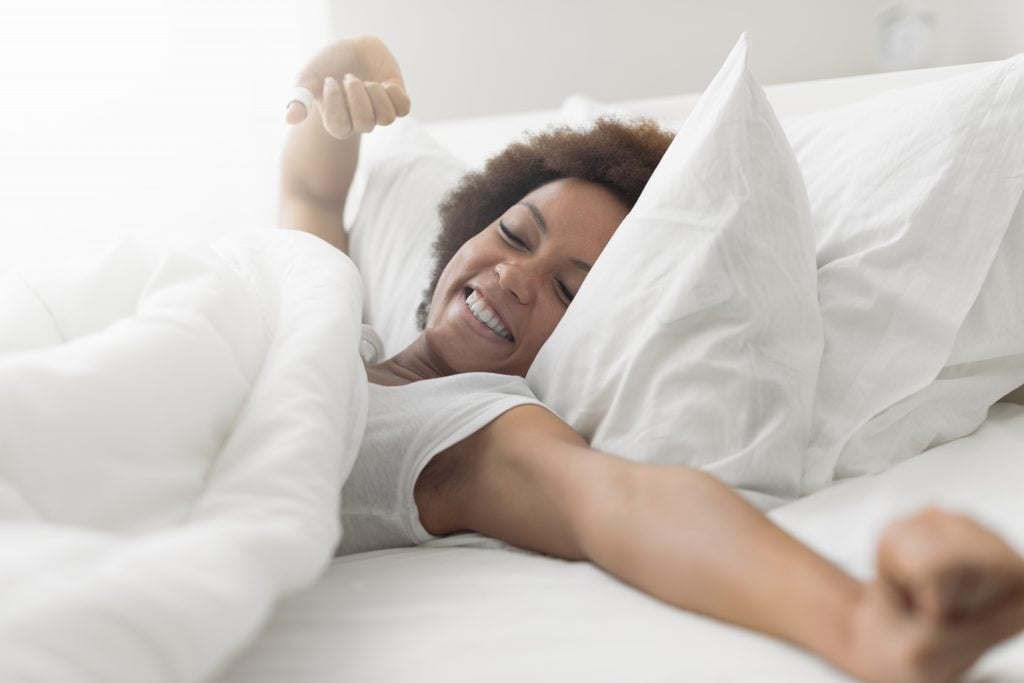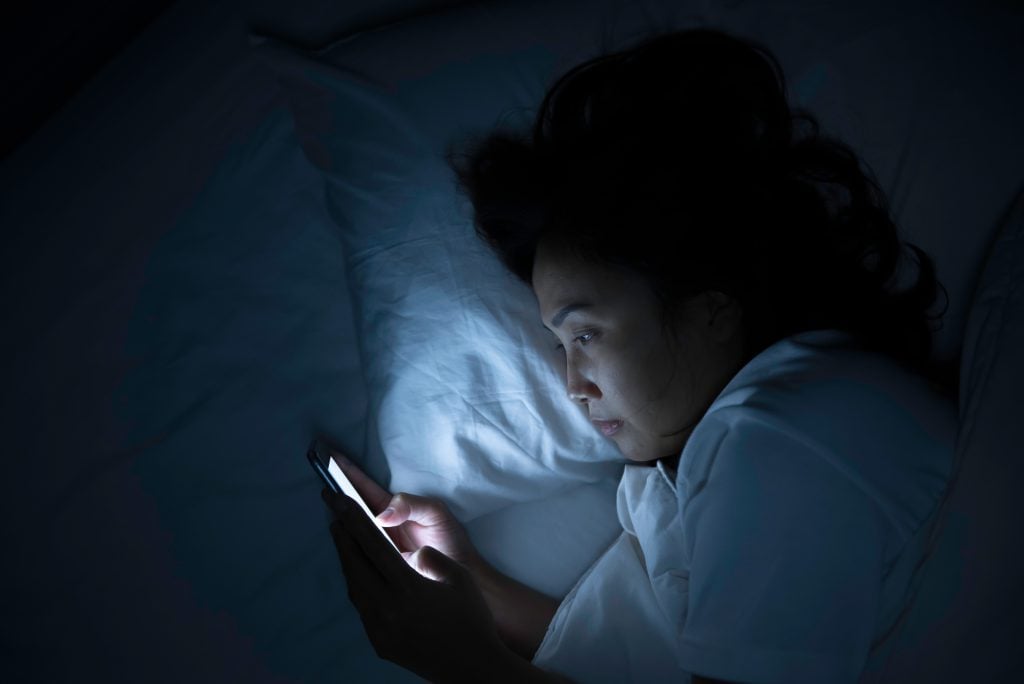Sleep syncing often crops up in conversations concerning how we can improve our productivity levels and stay more alert daily. However, there’s not always a widespread understanding of sleep syncing and its significance. This blog explains sleep syncing in greater detail to ensure a more comprehensive understanding. There are many layers to sleep syncing, and it’s a complex concept to grasp; with this in mind, below is a definition that’ll help to provide context.
Circadian rhythm – ‘The natural cycle of physical, mental, and behaviour changes that the body goes through in a 24-hour cycle.’
Sleep syncing is ‘aligning your body’s circadian rhythm, or body clock, with your daily routine.’ Visualise sleep syncing as feeling tired during the late evening and alert throughout the day, except for those who follow a different daily routine, such as night shift workers, for example. Sleep syncing is the culmination of behaviours to ensure you fall asleep and wake at appropriate times.

Another way of analysing the importance of sleep syncing is to ask yourself how important it is to achieve a good night’s sleep. When you consider that sufficient sleep usually equates to enhanced productivity levels and feelings of greater awareness, the significance of sleep syncing becomes apparent. After all, there is a reason behind why we set ourselves a window for sleep and a period in which we’re awake; our sleep prepares us for the necessities of everyday life, be it working, studying or anything else that falls in line with our day-to-day lifestyle. Moreover, from a mental health stance, an irregular circadian rhythm can have a ‘negative effect on a person’s ability to sleep and function properly and can result in several health problems, including mood disorders such as depression, anxiety, bipolar disorder, and seasonal affective disorder.’
If you struggle to find a consistent sleep pattern, a few straightforward changes can help achieve sleep syncing.
Remain consistent with sleep times; although this isn’t always achievable or realistic, our body thrives on consistency. Settling into a routine whereby you wake at approximately the same time every morning ‘will actually help you to sleep better at night.’
As tempting as it may be to indulge in a coffee during the afternoon and as inevitable as it may be that you find yourself in a coffee shop, to achieve sleep syncing, it’s recommended that you avoid caffeine after midday. As caffeine is a stimulant, it can ‘interfere with your body’s ability to relax and prepare for sleep.’

Exercise can help to achieve a better night’s sleep, and conversely, a better night’s sleep can improve the standard of your workout. As the Sleep Foundation explains, ‘Proper exercise can improve sleep quality and duration, while a healthy sleep-wake cycle ensures more strength and endurance when you work out.’ Therefore, not only does regular exercise contribute towards a better standard of physical and mental health, but exercise can also contribute towards better sleep.
The use of late-night screen time can have a detrimental impact on your night’s sleep as ‘exposure to bright light, especially from electronic devices, can disrupt your body’s production of the sleep hormone melatonin, making it harder to fall asleep.’ With this in mind, try to avoid using mobile phones and other electronic devices for about an hour before falling asleep.

If you’ve been proactive and centred your preparations around ensuring a better night’s sleep yet find yourself struggling to dose off, the likelihood is that your mattress is unsuitable. It’s important not to overlook the inadequacy of your mattress as a poor quality or worn mattress increases the risk of ‘waking up every morning to nagging neck and back pain.’ Such is our wide array of mattresses here at Mattressman; we’re sure to feature the perfect mattress for you tailored towards your sleeping position and personal preferences.
Please note that Mattressman are not healthcare professionals. If you’re struggling with your physical or mental health, please contact your GP.